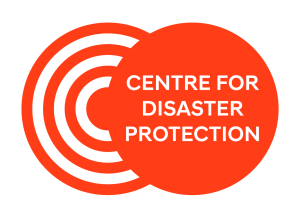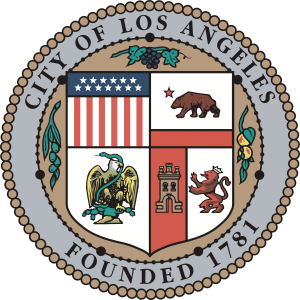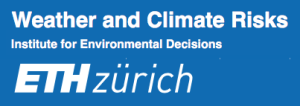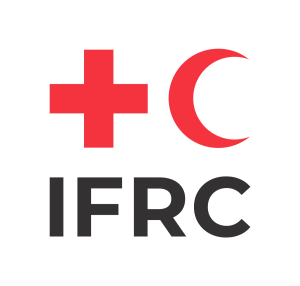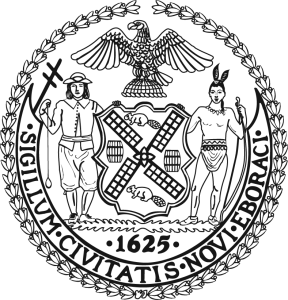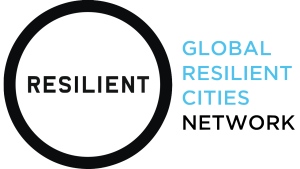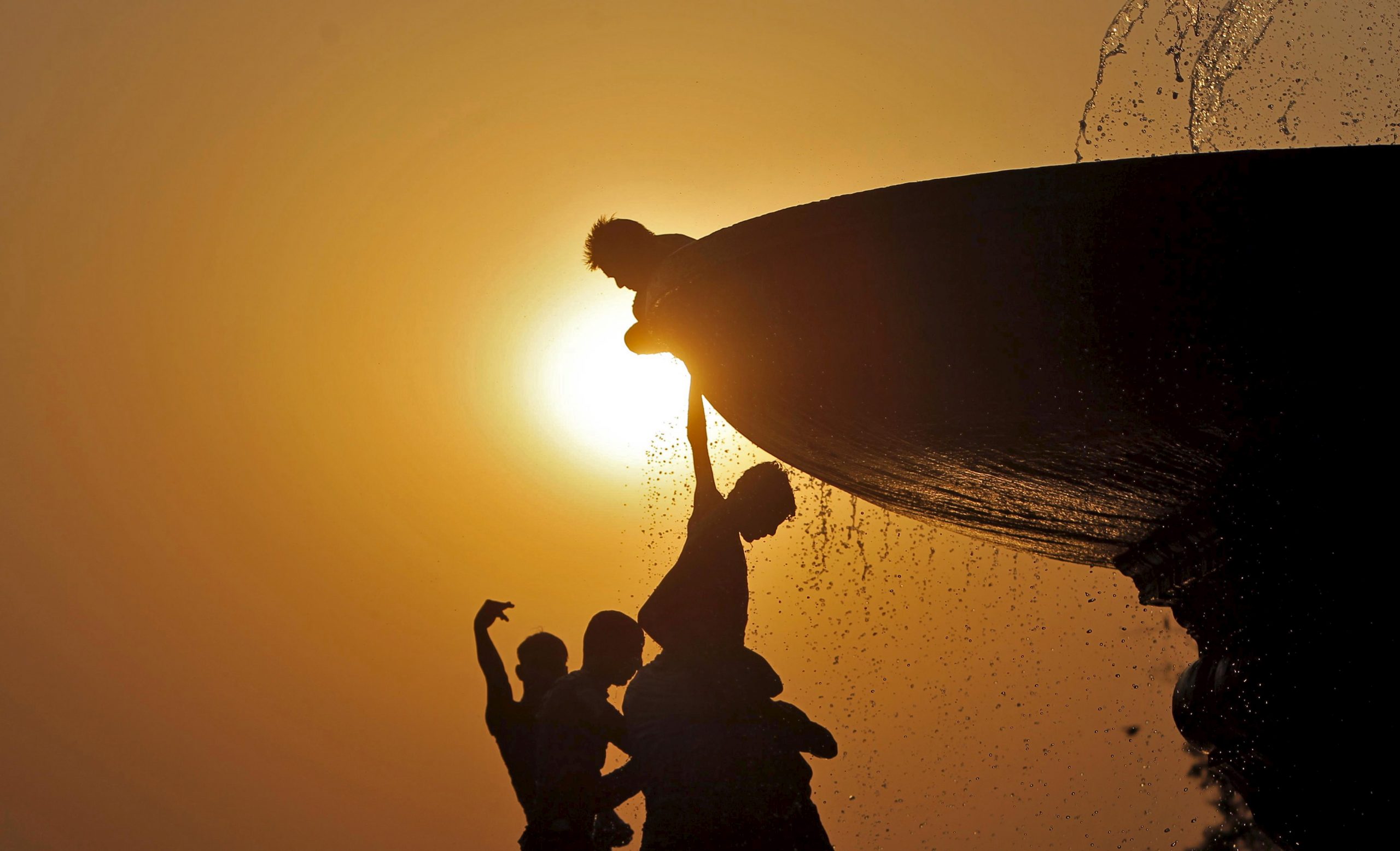What is the Extreme Heat Resilience Alliance?
The frequency and severity of heat waves are causing a global crisis that impacts every aspect of our lives. Recognizing the need for a diverse, multi-sectoral effort to address the impacts of rising temperatures, the Climate Resilience Center founded the Extreme Heat Resilience Alliance (EHRA) in 2020.
EHRA is made up of local and global experts, working in fields ranging from public health to disaster management. All are committed to reducing the impacts of extreme heat in their respective fields.
By bringing together this coalition, EHRA empowers more effective and informed heat resilience leadership at local, regional, and national scales and accelerates innovation to address complex challenges that require multi-sectoral collaboration. The coalition is committed to protecting lives and livelihoods from the impacts of extreme heat, with a particular focus on the communities most impacted by the climate crisis.
What does EHRA do?
Extreme heat is a “silent killer.” Its impacts are less visible than other climate hazards like flash floods or wildfires, and are so wide-ranging that they are often undercounted. EHRA builds the knowledge base and addresses data gaps to enable action. Across sectors, from humanitarian aid to construction to insurance, there are clear opportunities to improve the way we understand, prepare for, and respond to heat.

Driving science-based solutions
EHRA’s steering committee is advised by a dedicated science panel. The science panel was established to ensure EHRA decision-making and actions are grounded in scientific expertise, particularly applied heat research. Seven leading climate scientists and researchers serve on the panel and advise the steering committee at key decision points to facilitate the development and implementation of solutions.

Enhancing multi-sectoral collaboration
In collaboration with leading organizations, the Climate Resilience Center founded EHRA in recognition of the devastating health, economic, and social consequences of extreme heat. EHRA brings key individuals and organizations together, united around the common cause of reducing heat risks worldwide. Members share case studies, learn from one another’s initiatives, and partner on initiatives and events. By cutting through siloes and creating opportunities for collaboration, the coalition accelerates necessary insights to inform current and future resilience efforts.

Identifying and responding to critical data gaps
The impacts of extreme heat are often undercounted, underreported, and underestimated. When we look at specific impacts like the health consequences of extreme heat, it is difficult to consistently isolate the data to understand the full consequences. For instance, heat illnesses and deaths are often attributed to other causes or co-morbidities. EHRA members collaborate to identify gaps and opportunities in data, adaptation strategies, policy tools, funding, and other levers that are foundational to building heat resilience worldwide.
How does EHRA work?
The alliance is made up of stakeholders invested in building heat resilience to protect lives and livelihoods. The multisectoral and global nature of EHRA makes it possible to envision and accelerate innovative solutions to the most complex challenges of extreme heat and the threat it poses to people, the environment, and entire systems.
Meet our steering committee

Mahila Housing Trust
Bijal Brahmbhatt, Director

Miami-Dade County
Jane Gilbert, Chief Heat Officer

Insurance Development Forum
Kipkorir Koskei, Director, Strategic Partnerships and Policy

Climate Resilience Center
Jorge Gastelumendi, Senior Director

International Federation of the Red Cross and Red Crescent Societies
Ela Serdaroglu, Shelter and Urban Resilience Lead
Meet our science panel
The seven members of the science panel are jointly appointed to review and inform the steering committee’s decision making. They were identified for their expertise and research, representing fields including climate science and meteorology, heat health impacts, nature-based heat solutions, and behavioral science. The current members include:
- Dr. Mihir R. Bhatt: Director, All India Disaster Mitigation Institute (AIDMI)
- Dr. Iphigenia Keramitsoglou: Research Director at IAASARS, National Observatory of Athens
- Prof. Dr. Phoebe Koundouri: Professor, School of Academics and Director, ReSEES, Athens University of Economics & Business
- Dr. Kostas Lagouvardos: Research Director, National Observatory of Athens
- Dr. Simon Mason: Chief Climate Scientist, Columbia University, International Research Institute for Climate & Society
- Dr. Robert McDonald: Lead Scientist for Nature-Based Solutions, The Nature Conservancy
- Dr. V. Kelly Turner: Associate Professor, Urban Planning and Geography – University of California Los Angeles (UCLA)
Meet our members
The alliance is made up of individuals and organizations dedicated to advancing the evidence base on extreme heat and scaling resilience interventions around the world.









